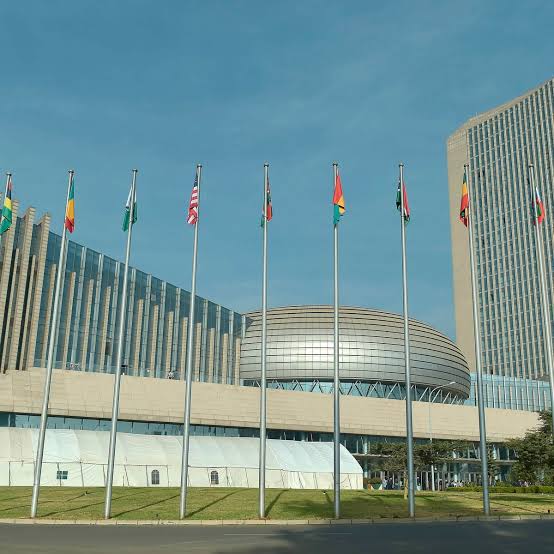Civil society organizations (CSOs) from all over Africa are urging the African Union (AU) to take a more ambitious role in helping the continent transition to a fossil-free energy future as the 36th Ordinary Session of the African Union Summit gets underway in Ethiopia.
In support of the call, CSOs are distributing the “Fossil Fuelled Fallacy Report” to Heads of State and Ministers present at the AU meeting. This document explains how increasing gas production in Africa would undermine nearly every aspect of development by raising the possibility of stranded assets and the cost of energy, encouraging foreign ownership of African resources, reducing job opportunities, and deteriorating health and livelihoods all over the continent.
The report, which was first released at COP27 by Don’t Gas Africa and the Fossil Fuel Treaty Initiative, makes it abundantly clear that the “dash for gas” is nothing more than a naive attempt to capitalize on the energy crisis, in which the fossil fuel industry has misappropriated the language of climate justice to justify a massive expansion of fossil fuels across Africa.
The AU Summit offers a significant chance for the continent to increase access to energy and hasten the switch to clean, renewable energy. The Summit could, however, be abused to further entrench reliance on fossil fuels.
Read Also: CAPPA urges govt to act on NiMet early warning on rainfall pattern
As a result of the climate emergency, the CSOs declared that it is now more important than ever to break dependence on fossil fuels and transition to a cleaner, safer, and more affordable future powered by renewable energy.
They stated that Africa has a fantastic potential to revitalize its development and realize its Agenda 2063 ambition by making a swift and just shift to renewable energy.
They emphasized that Africa cannot be duped by the three myths of fossil gas: the creation of jobs, access to electricity, and the shift to renewable energy.
African leaders were asked to use the AU Summit to initiate a process of transparent and meaningful dialogue with citizens and policy-makers across the continent to build a shared African energy narrative and an agenda to tackle the interlinked challenges of climate, energy and development.
Story was adapted from Enviro News
